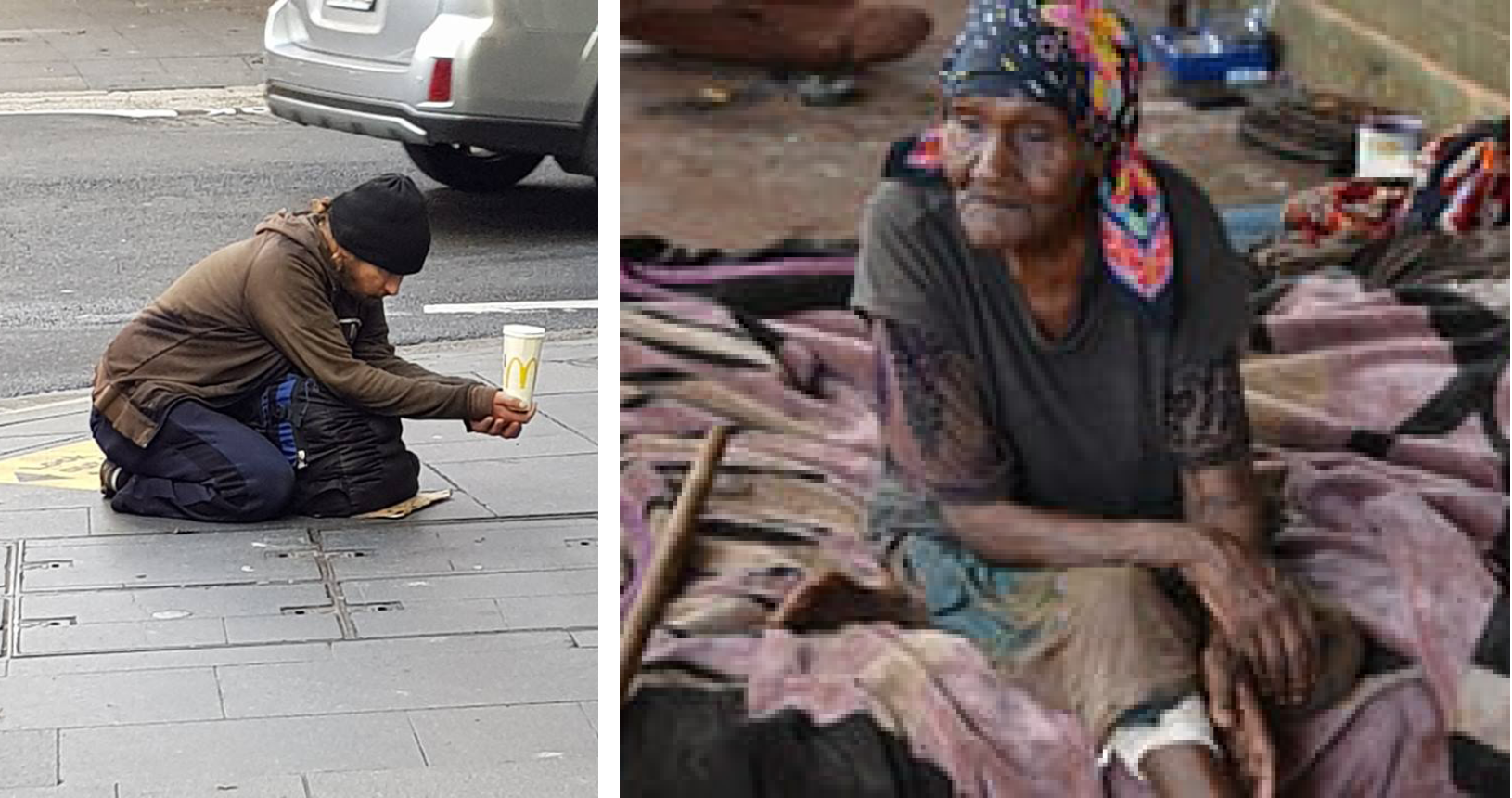In the intricate tapestry of human experience, poverty and homelessness represent threads that not only fray the fabric of society but also challenge our moral compass. The Bahá’í teachings offer profound insights that illuminate a path toward alleviating these societal ills. Central to these teachings is the recognition of the oneness of humanity—a principle urging individuals to transcend division and embrace collective responsibility.
The Bahá’í Faith propagates the idea that poverty is not merely an economic condition but a multifaceted crisis requiring a comprehensive moral response. Imagine a garden where some flowers are stunted; it is not enough to water only the thriving ones. Rather, a holistic nurturing approach is essential—extending care to all, particularly those struggling in adversity. In this metaphor, every individual represents a flower deserving of sunlight and nourishment, symbolizing the essence of human dignity and worth.
At the heart of the Bahá’í teachings is the imperative of service to humanity. This tenet mirrors the notion of a nurturing ecosystem, where each organism plays a role in sustaining life. Service encompasses acts of kindness, support, and resources, fostering an environment where individuals can flourish. This altruistic approach transforms service from a burdensome obligation into an invigorating endeavor, enabling a revolution of goodwill that can eradicate poverty and homelessness.
The intricacies of social and economic justice are also illuminated within Bahá’í scripture, advocating for a fundamental restructuring of societal institutions. Just as a tree requires a robust root system to withstand storms, society must foster equitable systems that address the root causes of poverty. The Bahá’í writings insist on the necessity of economic arrangements that prioritize moral values over mere profit. This paradigm shift calls for a rigorous reevaluation of our economic behaviors—a collective introspection aimed at the reformation of a system that currently breeds inequality.
Additionally, the Bahá’í principle of the essential unity of humankind propounds that every individual, irrespective of their circumstances, is an integral part of a larger whole. By emphasizing interconnectedness, the teachings challenge the prevailing narratives that categorize individuals based on wealth or status. This standpoint cultivates empathy—an intrinsic motivator for action against poverty. When one recognizes another’s plight as a reflection of one’s own potential vulnerability, the call to compassion becomes irresistible.
Within Bahá’í communities, the practice of engaging in social and economic development initiatives exemplifies the moral response to poverty. These endeavors can be likened to weaving—an intricate process that requires strong threads of collaboration, intention, and perseverance. Community members, irrespective of their background, collaborate to uplift each other, thereby weaving a robust communal fabric. Initiatives might include educational programs, vocational training, and mental health support, all aimed at empowering individuals to rise above their circumstances.
Furthermore, the Bahá’í teachings underscore the importance of consultation—a method of collective decision-making that encourages the inclusion of diverse perspectives. In tackling issues of homelessness, such an inclusive approach can unravel innovative solutions, as it elevates the voices of those most affected. By listening to the lived experiences of individuals facing poverty, solutions can be tailored to address the specific barriers they encounter.
The notion of stewardship is another pivotal concept in Bahá’í teachings. Just as a caregiver nurtures a fragile infant, communities are called to protect and support their vulnerable members. This stewardship extends beyond mere charity; it invites active participation in rebuilding the lives of individuals. Housing initiatives, employment opportunities, and social services emerge as tangible manifestations of this guiding principle. By ensuring that every person has access to basic needs, society adopts a comprehensive definition of progress.
Moreover, the transformative power of education is championed within the Bahá’í Faith. Education ignites the potential latent within every individual, illuminating paths that lead to self-sufficiency. Education serves as both a shield and a sword—protecting individuals from the perils of ignorance while empowering them to advocate for their rights. Initiatives focused on providing education to those experiencing poverty ultimately aim to dismantle the cycle of deprivation perpetuated by lack of access to knowledge and skills.
Finally, the Bahá’í response to poverty and homelessness is rooted in spiritual principles that advocate for patience, perseverance, and hope. Envisioning a society where every individual thrives requires faith in the potential for transformation. This hopeful outlook not only inspires action but also nurtures resilience within communities facing dire challenges. Much like the phoenix emerges renewed from ashes, society can rise from the entanglement of despair into a flourishing existence marked by justice and compassion.
In conclusion, the Bahá’í teachings provide a comprehensive framework that transcends mere philanthropy. They advocate for a moral response to poverty and homelessness characterized by unity, service, justice, and education. As individuals and communities endeavor to embody these principles, they weave a narrative that emphasizes humanity’s shared destiny, fostering a world where every individual—regardless of their current circumstances—can thrive. In this collective pursuit lies the revolutionary potential to transform not only the lives of the impoverished but also the moral landscape of society as a whole. The journey towards eradicating poverty and homelessness is not merely an obligation; it is an opportunity to reaffirm our interconnectedness and humanity.
